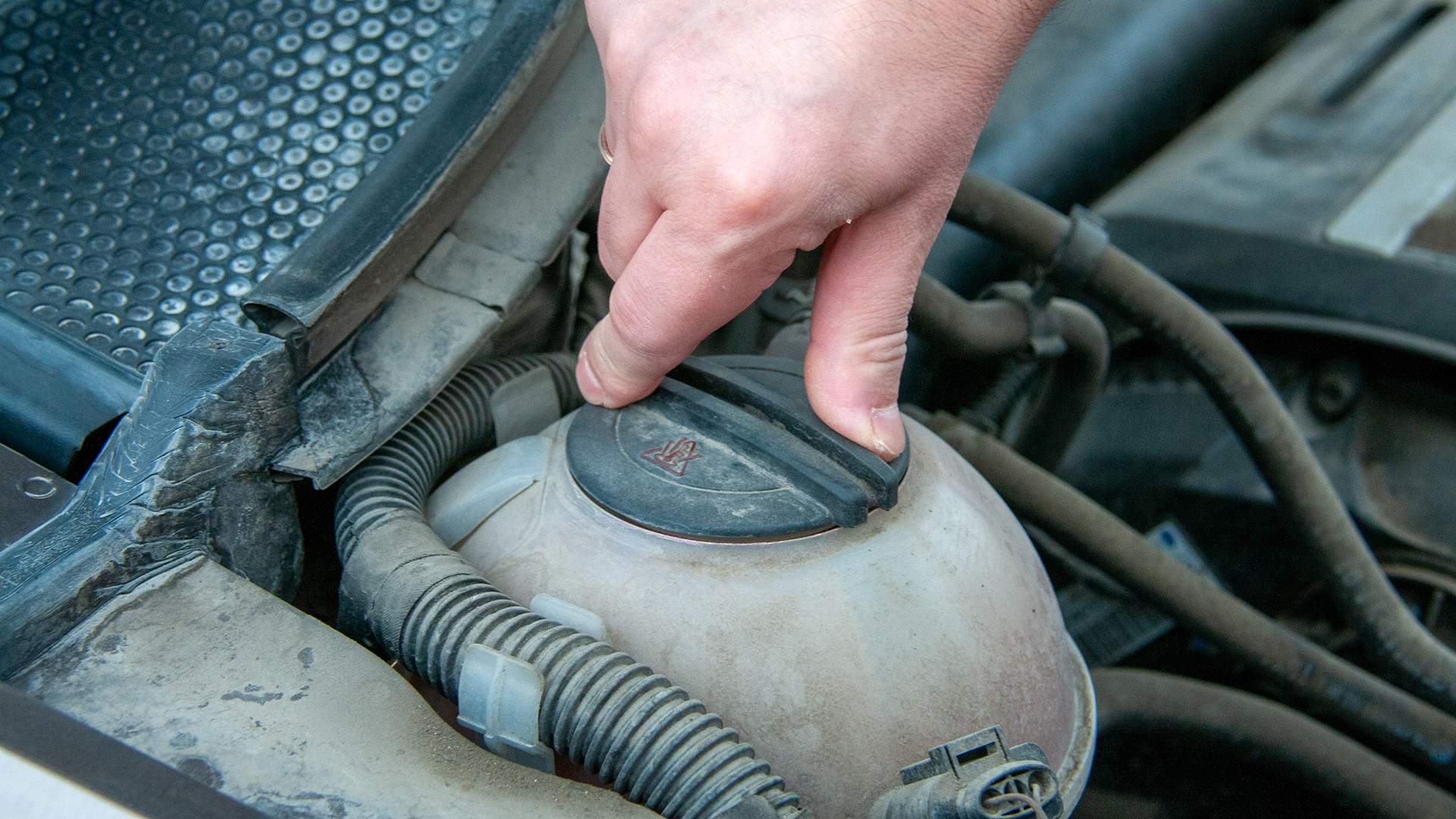Crystal clear: Russians will be banned from using freezing antifreeze

Antifreeze and Antifreeze for cars and special equipment cannot be called that if they freeze at temperatures above minus 35 degrees. In addition, the draft amendments to the Technical Regulations developed by the Ministry of Energy propose to ban the production and sale of coolants for vehicles with these characteristics altogether. Details can be found in the Izvestia article.
Forbid to be called antifreeze
The Ministry of Energy of the Russian Federation has proposed to ban the use of the words "antifreeze", tosol, "antifreeze", antifreeze in the name or designation of coolants that are not low-freezing. The ban also applies to other similar indications indicating the possibility of using coolant for use in the cooling systems of internal combustion engines of passenger cars and trucks, as well as special equipment. The draft amendments to the technical regulations "On requirements for lubricants, oils and special liquids" (TR CU 030/2012) are posted on the federal portal of draft regulatory legal acts.
Liquids are not low-freezing if the temperature at the beginning of their crystallization is above minus 35 degrees Celsius, the text of the draft says. The Ministry of Energy believes that a ban on the production and sale of automotive coolants with similar parameters is necessary. The agency also proposes to oblige manufacturers to post information about the temperature of the beginning of crystallization on the front side of the package, it should be clearly distinguishable.
This is done so that the consumer is not deceived or misled about the physico-chemical properties of coolants, according to the explanatory note to the draft.
— The document was prepared based on the results of an analysis of the practice of applying the technical regulations of the Customs Union "On requirements for lubricants, oils and special liquids." It is designed to optimize a number of topical issues," the press service of the Ministry of Energy told Izvestia.
Oil in an open crucible
In addition to the requirements for coolants, the requirements for the so-called flash point in an open crucible for certain types of oils are also being clarified. So, oils for two-stroke engines must burn completely with fuel, which is why they need lower flash point values than specified in the technical regulations.
The established flash point for oils of at least 135 ° C restricts or even makes it impossible to sell and import hydraulic oils for Arctic applications with viscosity class 5-32 into the territory of the Customs Union.
"The inability to provide end users and industrial enterprises with these types of products leads to the use of non-prescribed lubricants in machinery and equipment. These operating conditions contribute to reducing the life of the units and premature failure of their components. End consumers and enterprises bear financial costs in the form of repair costs for expensive machinery and equipment, as well as losses due to their downtime," the explanatory note to the draft amendments says.
These and other changes introduced by the document will allow "to form an unambiguous and consistent understanding of the requirements of the technical regulations of the Customs Union," the press service of the Ministry of Energy noted.
Simplify the lives of consumers
To date, there has been no ban on antifreeze freezing at temperatures above -35 °C, which has created serious problems, Dmitry Nekrasov, PhD, Head of the P.L. Kapitsa Department of Low Temperature Technology at Moscow Polytechnic University, told Izvestia.
— When a car with antifreeze designed for temperatures up to -35 °C entered northern regions with temperatures up to -45 °C, the liquid froze. This led to the failure of the engine pipes, and further operation of the car became impossible. Such situations were especially common when moving cars from the southern regions to the northern ones. The new requirements will significantly simplify the lives of operating organizations and individuals, since the lower the freezing point of antifreeze, the wider the climatic range road transport can be used without the need to replace technical fluids," he noted.
The completeness of oil combustion is critically important for reducing harmful substances in the exhaust gases of two-stroke engines, Dmitry Nekrasov noted.
— This is especially true for water equipment — boats, jet skis, boats, where the exhaust is carried out directly into the water and unburned oil particles cause direct environmental damage. In some countries, such as Japan, two-stroke engines for water vehicles have been almost completely abandoned in favor of four-stroke engines. In Russia, two-stroke engines are still allowed and are used in large numbers. Now oil manufacturers will pay more attention to this parameter so that consumers can more accurately select the oil for their engine type," the scientist said.
"They can point out anything there"
Anton Shaparin, Vice President of the National Automobile Union (NAS), called the changes in the requirements for lubricants and technical fluids quite adequate.
— The whole issue is supervision and control over the fulfillment of these requirements. The current procedure for bringing lubricants to the market presupposes the presence of a declaration on them, which is prepared by the manufacturer himself. Independent tests are not expected. Unscrupulous dealers can indicate anything there, there is no verification of authenticity. Therefore, without the introduction of mandatory certification of oils and technical liquids, there is no need to talk about a real improvement in their quality and purification of the market from counterfeits. The Honest Sign system will not help: QR codes can either be bought online, or you can purchase equipment and paste it on any fake," Shaparin said.
Переведено сервисом «Яндекс Переводчик»






